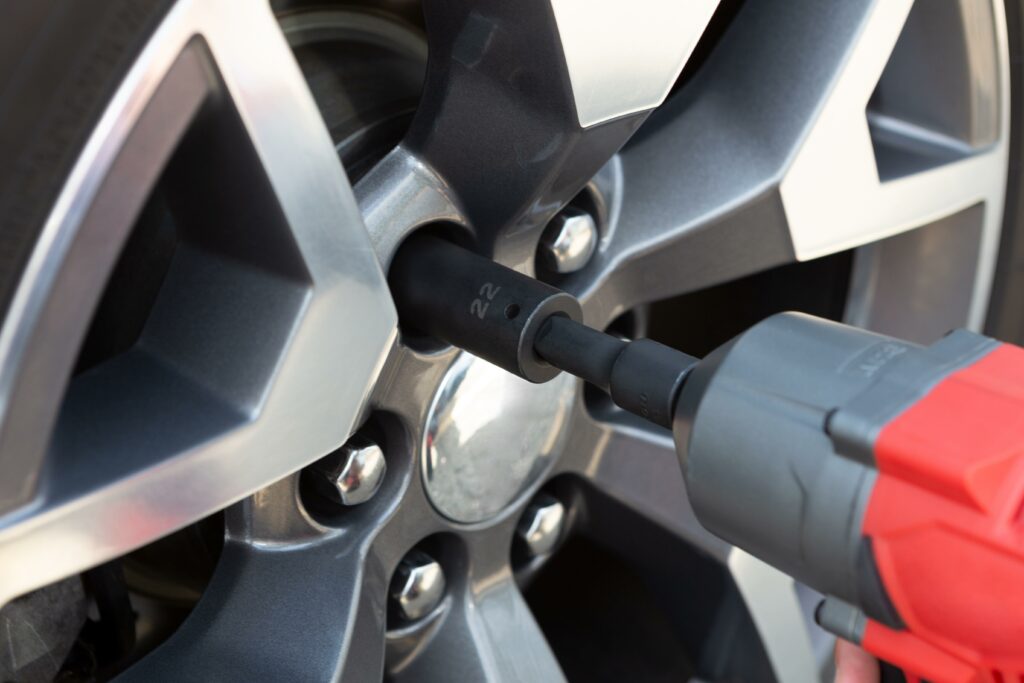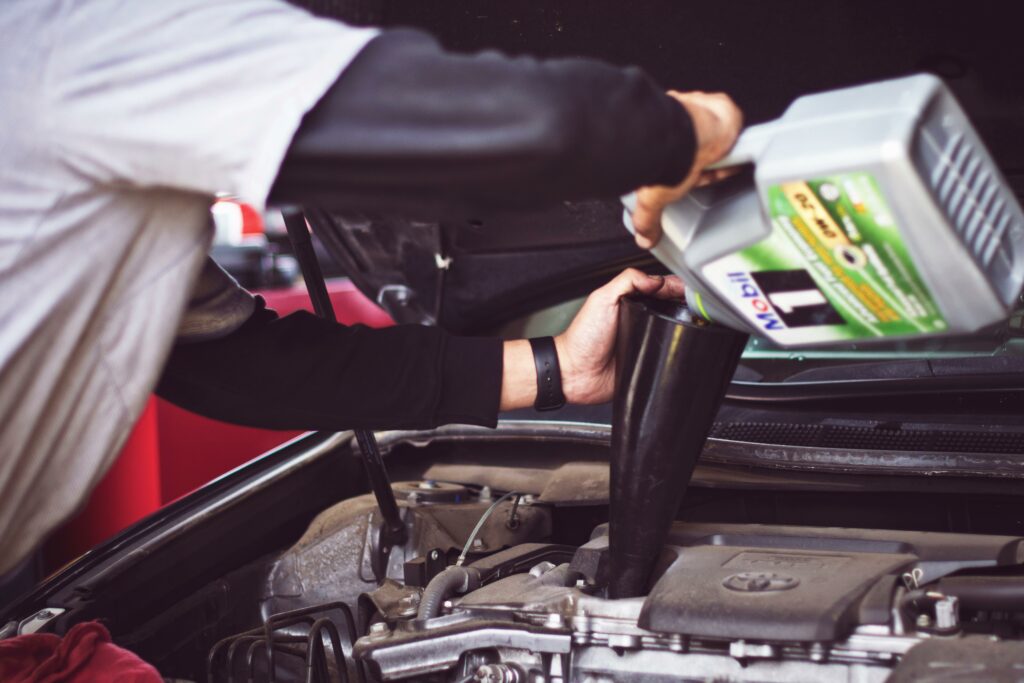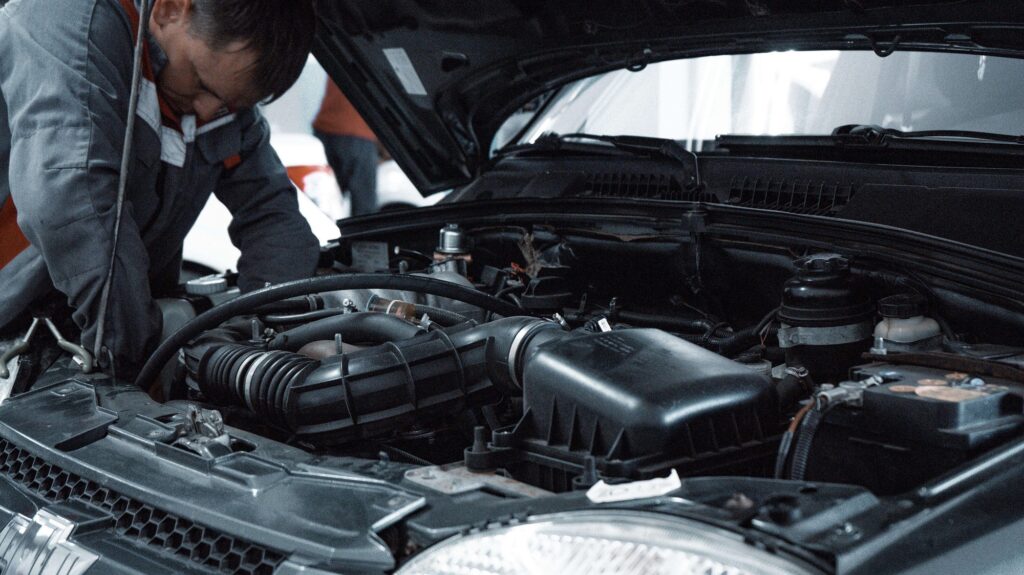Car maintenance can help you stay secure and safe on the road. It is especially so if you stay up to date with your repair schedules. First, it helps you avoid sudden breakdowns or accidents. As well, it may help you prolong your car’s lifespan.
Another advantage is the improved fuel economy and extended car warranty offers. If your used car is in tiptop shape and unlikely to fail, you are more likely to get more affordable warranties. For example, Protect My Car reviews can show you what to look for in extended warranties.
That said, it’s important to know about the most common repairs you may encounter.
Oil Change
Your car needs regular oil changes to improve its performance and lifespan. According to the Car Care Council, this service was the most common in 2017. Changing your oil on time helps improve your car’s cooling and lubricating abilities.
For new car owners, manufacturers recommend an oil change at 5,000 miles. Experts also recommend changing your oil filters every second time you do an oil change. So, if you change your oil at 5,000 miles, you should replace the filter at 10,000 miles. But remember, other factors may force you to replace your oil filters.
If you have a new car, it probably has an oil life monitoring system. But if you have an older model, you can check your oil level and cleanliness with the dipstick. Dark oil means it’s time to change the oil and oil filter.
Remember, your driving habits and oil type determines how often you change your oil.
Windshield Wipers and Fluid
Every time you visit your mechanic, they should check the conditions of your wipers. They will tell you if you need repairs.
Windshield wipers are more fragile than most other car parts. The common wiper repair is a torn one. The rubber edges of your wipers may tear, causing problems with their functioning. Other wiper problems include a burned-out wiper fuse, loose pivot nuts, or malfunctioned electrical motors.
Air and Cabin Filter Replacement
Most experts in the auto industry recommend an air filter replacement every 15,000 miles. The cabin air filter’s main function is to keep the air in your car clean by keeping debris and dust away from the HVAC unit.
Your mechanic will tell you anytime you need to replace it. But you can also watch out for certain symptoms to know when to change them. The first sign is depleted airflow when the air control system is on. Also, lingering smells and increased dust on your car are good indicators.
Tire Replacement
Your tires are the only parts in your car that touch the ground. So, they will wear or tear with time. That said, you should change your tires as soon as they get damaged.
Most manufacturers recommend tire changes after six years. But in some conditions, you may need to replace your car tires sooner.
First, check for tread wear. Your mechanic can check for tread depth, or you can use a penny to check it. Place your penny headfirst into the tire’s treads. If Lincoln’s head is visible at several grooves, your tire is worn. But if you don’t see Lincoln’s head, you are good.
Your tire’s age and exposure to elements also affect your replacement periods. For example, exposure to the sun’s UV rays and heat can change the structure of your tire.
Battery
Old car batteries or corroded ones tend to cause issues like car starting. Battery repairs or replacements can help mitigate these problems.
Batteries usually decline until they can’t produce enough power to turn your car on. This decline takes about 3-5 years, depending on your driving patterns and climate. But some tips can make it last longer.
First, regular testing of the battery voltage is important. A fully charged battery should have 12.4 to 12.8 volts. Your mechanic should be able to test it for you anytime you visit the garage. But you can also buy a voltmeter and check it yourself.
Other tips include keeping your battery active, removing grime from terminals, and staying on top of maintenance.
Remember, lights or infotainment can deplete your battery. So, make sure you switch off your car lights every time you leave your vehicle.
Brake Repairs
Your brake shoes, drums, pads, and rotors need to be fully functional every time. Whether you have a new vehicle or an old car, your brakes can save you in an emergency.
Besides your safety, brake repairs help stop screeching sounds or vibrations when braking. Also, you avoid more expensive and extensive repairs when you replace your brakes on time.
Remember to service your brakes every 50,000 miles. Most of the time, your brakes will work fine for 25,000 – 50,000 miles. But if your brake warning lights turn on on your dashboard, visit your mechanic as soon as possible.
Signs include unusual vibrations, vehicle drifting left or right, or old brake pads.
Coolant System Repairs
Your engine needs to cool for optimum function. But your engine produces too much heat and will malfunction without a functioning coolant system. Your coolant passes through your radiator to keep your engine cool.
First, experts recommend replacing your anti-freeze every 26,000 miles or two years. Like all your car fluids, your coolant breaks down the more it acts.
Another important part is the cooling fan. This part pumps air in your radiator to move hot air out of your engine. Again, you need to repair this part fast if it malfunctions because it can lead to more engine problems.
Also, have your mechanic check the pressure cap every year for cracks. Other important parts to check are the thermostat and coolant reservoir.
Wheel Balance and Rotation
This service is important to help your tires last longer. Most of the time, wheel balancing and rotation are done simultaneously.
Everyday use contributes to tire imbalance. Also, wheels do not have an exact weight distribution; that’s why you need to balance them.
Tire balancing helps distribute the weight evenly on your wheel-tire set. Signs of an imbalance include vibrations, faster tread wear, and poor fuel economy. The vibrations on your seats, floorboard, and steering also worsen when speeding.
But after rebalancing your tires, movement will be smoother. Balance also helps improve your comfort and your wheels to wear evenly.
It is advisable to rotate and balance your wheels every 5,000 miles. But you can do it sooner if you drive on rougher roads. When you do these two services at the same time, it becomes convenient.
Remember, tire balancing and alignment are two different repairs. Alignment is done when your tires aren’t moving in the same directions.
Spark Plug Replacement
Spark plugs are small components that can lead to bigger repairs. They ignite the fuel so that your engine can start. To offset labor costs, you can do the replacements yourself.
If you have quality spark plugs, they can be durable car components. It is recommended to change them every 30,000 to 90,000 miles. But remember, spark plugs may differ from manufacturer to manufacturer. So, if you go the DIY way, ensure you get quality spark plugs and install them properly.
Signs of dying spark plugs include poor acceleration, trouble starting, and rough idle. Other signs include a misfire when starting or poor fuel economy.
Oxygen Sensors Replacement
Oxygen is an important element of your car’s performance. That’s why it is important to change the sensors every 60,000 to 90,000 miles. These components measure the oxygen levels in the exhaust to improve engine efficiency and emissions.
Also, several signs show it’s time to replace them.
First, your warning light is an obvious sign that you need a replacement. Other signs include foul rotten egg smell, emission test failure, and poor gas mileage.
Like spark plugs, you can change oxygen sensors yourself. But it is advisable to let your mechanic do it because your manufacturer probably has it covered.
Electrical Repairs
Electrical repairs are quite stressful, especially if your battery is not the cause. The battery was almost always responsible for electrical wiring problems in older vehicles. But modern cars have an advanced system that will need an expert diagnosis.
The main sign of an electrical issue includes the engine not starting properly. Usually, if you hear a clicking sound when starting, your electrical wiring may be the culprit. It means your engine is not getting enough current to start.
Another sign is malfunctioning headlights and lights. Loose wire, low voltage, or battery issues are the most common causes of dimming or failing lights. Also, if your fuses keep blowing or you smell burning odors, get to your repair person as fast as possible.
Alternator Failure
Closely related to electrical issues are alternator problems. This part keeps the electrical systems running when you start your vehicle. It also supplies charge to your battery and optimizes its working and lifespan.
Usually, an alternator lasts about 150,000 miles or seven years. However, its durability depends on the quality, the number of electronics in use, or the condition of your car.
When your alternator fails, it will affect your battery, among other issues. Signs that your alternator has failed include a car that won’t start. Here, the most common culprit is your battery. But if the engine stops moments after jump-starting your battery, the issue may lie with your alternator.
Also, if your engine stalls, check the alternator. It may be dying and not able to fully charge your battery. This, in turn, affects your fuel injectors that rely on electricity to work.
As mentioned, an alternator is at the heart of electrical components. So, electrical issues follow a failing one. You will start to notice dimming lights or fluctuating headlights. Plus, automatic windows may close slower than usual. And, lastly, your infotainment system may go off without explanation.
Starter Motor
The starter motor gets your engine going, which begins the starting process. One of the most common repairs in a failing starter is the electrical solenoid. Unfortunately, it’s not easy to predict when your starter motor will fail.
The main causes of starter failure include loose wiring, bad relay or fuse, corroded battery, or oil leaks.
One of the main signs of a failing starter is a clicking sound when starting your car. Remember, not all cars will produce any sound. But others will have a louder whirring sound. Secondly, if your engine fails to start even after jump-starting, this part may be responsible.
Also, if your dashboard lights are on but your engine still fails to start, check this part. Your starter is part of the electrical system, so sometimes overheating leads to smoke. If you see smoke, it may be part of the problem.
Slipping Automatic Transmission
If you stay on top of maintenance, your car’s transmission can work for over 200,000 miles without an issue. But over time, your car has a higher risk of slipping transmission issues.
Signs to look out for include grinding noises, difficulty accelerating, and burning odors. Another sign is difficulty engaging gears, especially the reverse gear.
So, if you see these signs, some factors may be behind your failing transmission. First, it may be because of low transmission fluids. As mentioned, all car fluids become contaminated or burnt the more you use them. The burnt fluid doesn’t function well, so it’s important to replace it according to your user’s manual schedule.
A failing solenoid is another probable cause. This part regulates the amount of transmission fluid passing through specific transmission parts. When you engage a gear, the solenoid opens the corresponding parts to allow the transmission fluid to flow. Contaminated fluid can clog this part and reduce your transmission efficiency.
Other causes include worn transmission bands and gears or problems with your torque converter.
Bottom Line
It’s important to understand your car’s repairs to stay up to date with maintenance. That way, you improve its performance, lifespan, and resale value.





